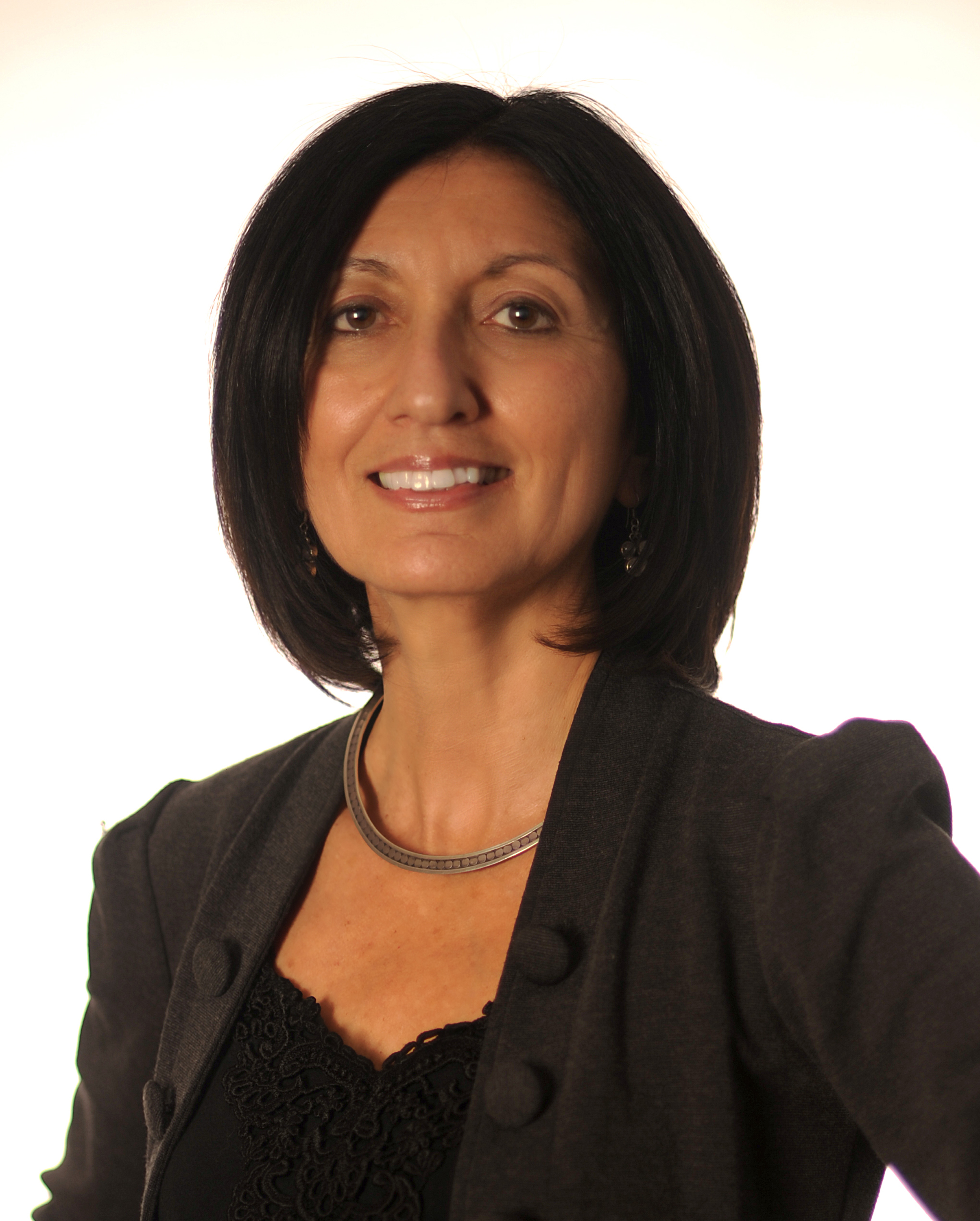NMSU Regents Professor named Fellow by national science association

New Mexico State University Regents Professor Elba Serrano has reached a pinnacle in her career. Serrano was recently named as a 2012 Fellow of the American Association for the Advancement of Science.
She will be recognized in a ceremony along with 700 other honorees at the Fellows Forum on Saturday, Feb. 16, 2013, in Boston, where she will receive a certificate and a blue and gold rosette for her accomplishments.
"This is a wonderful recognition of Dr. Serrano and reflects well on the ability of NMSU to attract top quality faculty to our university," said NMSU Interim President Manuel Pacheco. "Our congratulations go to her."
Election as a fellow of AAAS is an honor bestowed upon members by their peers. Fellows are recognized for meritorious efforts to advance science or its applications.
"NMSU has provided me with the opportunity and resources to achieve recognition for fulfilling my professorial duties. I'm especially honored and grateful to have worked with the students at NMSU," Serrano said.
Serrano, a neuroscientist in the College of Arts and Sciences, will be recognized for her contributions to neuroscience, research, teaching and service, as well as program leadership and efforts to diversify the fields of science, technology, engineering and math, or STEM.
"The college shares great pride in this recognition of one of our faculty," said Christa Slaton, dean of the College of Arts and Sciences. "This is a well-deserved honor bestowed by her peers and a testament to Dr. Serrano's leadership and outstanding achievements in research."
Serrano directs NMSU's National Institutes of Health Research Initiative for Scientific Enhancement program or RISE. The program aims to diversify the ranks of research leaders by increasing the number of underrepresented minority students who achieve a doctoral degree in a biomedical and/or biobehavioral discipline.
She also serves as a principal investigator and director for NMSU's Building Research Achievement in Neuroscience (BRAiN) program, which prepares students in the Southwest and Rocky Mountain region for careers in neuroscience research. The program is supported by an NIH grant from the Blueprint Program for Enhancing Neuroscience Diversity through Undergraduate Research Education Experiences (BP-ENDURE),
Serrano's research focuses on the development of the nervous system, disorders of hearing and balance, and brain injury. She has a special interest in neuroethics and has been teaching courses in science and ethics for more than 15 years.
Since joining NMSU in 1991, Serrano has brought in more than $15 million in external research funding, taught more than 2,000 undergraduate and 500 graduate students, and served as research mentor for more than 100 NMSU students who have pursued Ph.D., M.S. and B.S degrees while working in her laboratory.
Her honors include a Ford Foundation Fellowship, an AAAS Lectureship in Women in Science and Engineering, the NMSU Roush Award for Excellence in Teaching, and an NMSU Hispanic Student Organization Outstanding Professor Award. Additionally, she has been recognized as an NMSU Millionaire Researcher yearly since fiscal year 2008, and was appointed an NMSU Regents Professor in 2009.
Two other AAAS Fellows have been elected for their achievements at NMSU: Regents Professor Glenn Kuehn, from Chemistry and Biochemistry, and Regents Professor Marvin Bernstein, from the Biology Department. Both professors retired this year.
"Dr. Bernstein hired me, and both Dr. Kuehn and Dr. Bernstein were very instrumental when I was a young assistant professor in helping me develop my career here, so my achievements have benefited from great mentors," Serrano said.
Serrano also acknowledged her parents for the role they played in her accomplishments.
"The first persons I called when I received the news, even before I told my husband, were my parents. They were really, really excited for me", Serrano said. "Because I work with so many students, I see every day how much parents and families can influence a student's desire to complete college. I wanted to thank my parents as soon as I got the news."
Additionally, she recognized them for the many sacrifices they made, so that their daughters could achieve a college education.
"My father is an Army veteran who worked another 35 years after serving for 20 years as a sergeant in the US military," Serrano said. "My mother worked as well, and she always told us an education will give us a good lifelong income. Both my parents were able to go to college much later in life (my father with the GI Bill) and I am very proud of them. Without their support I doubt I would have become a scientist and professor."
Serrano received her undergraduate degree in physics from the University of Rochester with a minor in chemistry. She completed her Ph.D. in biological sciences at Stanford University and trained as a postdoctoral researcher at Stanford Medical School and at UCLA School of Medicine.
"NMSU is a land-grant minority-serving institution that provides terrific educational and research resources," Serrano said. "Everything that I've been able to do is recognition for NMSU and the quality of our institution. I am privileged to work with fine colleagues who are equal to the best at any university and I thank the NMSU students, staff and faculty for creating the environment that allowed me to succeed in my profession."
AAAS is the world's largest scientific community, serving some 261 affiliated societies and academies of science, and 10 million individuals.


